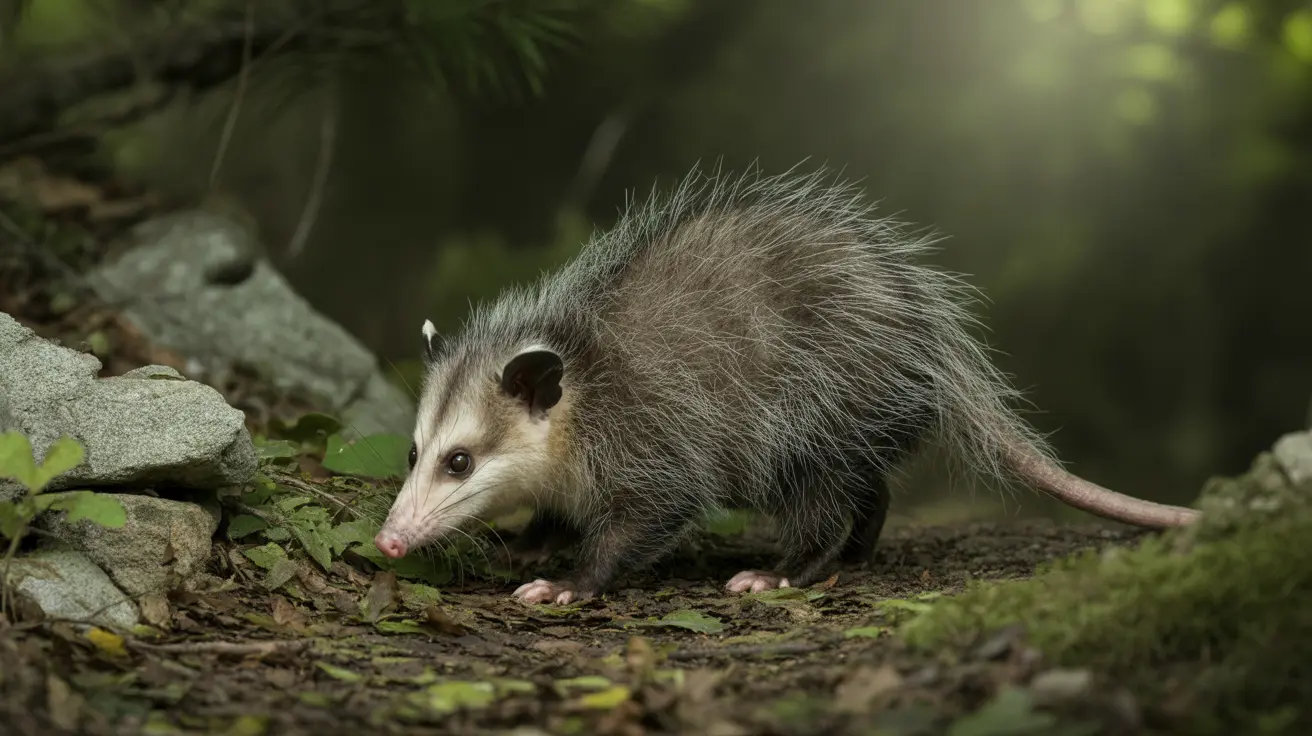When it comes to wildlife encounters in residential areas, raccoon backyard safety should be a top priority for families - especially those with curious children. A concerning situation recently came to light involving a 13-year-old boy's persistent attempts to capture raccoons and opossums in his backyard and nearby brush area, highlighting the importance of teaching children about wildlife safety.
This scenario represents a common but dangerous misconception about interacting with urban wildlife. While raccoons and opossums might appear cute or interesting to young observers, attempting to capture these animals poses serious risks to both humans and the animals themselves.
Understanding Urban Raccoon Behavior
Raccoons and opossums have become increasingly adapted to urban and suburban environments. These intelligent creatures are attracted to our neighborhoods because they provide easy access to food sources and shelter. However, their presence requires careful management rather than direct intervention.
Risks of Handling Wild Raccoons
- Potential exposure to rabies and other diseases
- Risk of serious bites and scratches
- Legal implications, as trapping without permits is often prohibited
- Stress and potential harm to the animals
How to Keep Opossums Away Safely
Instead of trying to capture wildlife, families should focus on prevention and deterrence:
- Store garbage in secure containers with tight-fitting lids
- Remove outdoor pet food after feeding times
- Keep compost bins properly sealed
- Maintain yard cleanliness to reduce attractants
Humane Wildlife Control Methods
When dealing with raccoons or opossums in your yard, consider these professional-recommended approaches:
- Install motion-activated lights
- Use natural deterrents like ammonia-soaked rags
- Seal potential entry points around your home
- Trim tree branches that provide easy access to roofs
Protecting Pets from Raccoons and Opossums
Pet owners should take extra precautions to ensure their animals' safety:
- Keep pets indoors during dawn and dusk
- Supervise outdoor time, especially for smaller pets
- Ensure pet vaccinations are current
- Maintain secure outdoor enclosures
Frequently Asked Questions
Is it safe and legal to catch raccoons or opossums in my backyard?
No, catching wild raccoons or opossums is generally unsafe and often illegal without proper permits. The best approach is to contact licensed wildlife rehabilitators or animal control professionals who have the expertise and authorization to handle wildlife properly.
What are the best ways to prevent raccoons and opossums from invading my yard or home?
Effective prevention includes securing trash cans with tight lids, feeding pets indoors, sealing entry points to attics or crawl spaces, trimming tree branches, and using motion-activated lights or natural repellents like vinegar or ammonia.
What health risks do raccoons and opossums pose to humans and pets?
Raccoons can carry rabies, raccoon roundworm, and other zoonotic diseases, while opossums may carry parasites and diseases such as leptospirosis. Both animals can bite or scratch defensively, posing injury and infection risks.
Conclusion
While wildlife observation can be an educational experience for children, it's crucial to maintain safe boundaries and respect for wild animals. Instead of attempting to catch wildlife, families should focus on prevention and proper management techniques. If wildlife issues arise, always contact professional wildlife control services or local animal authorities for assistance. This ensures both human safety and humane treatment of our wild neighbors.






